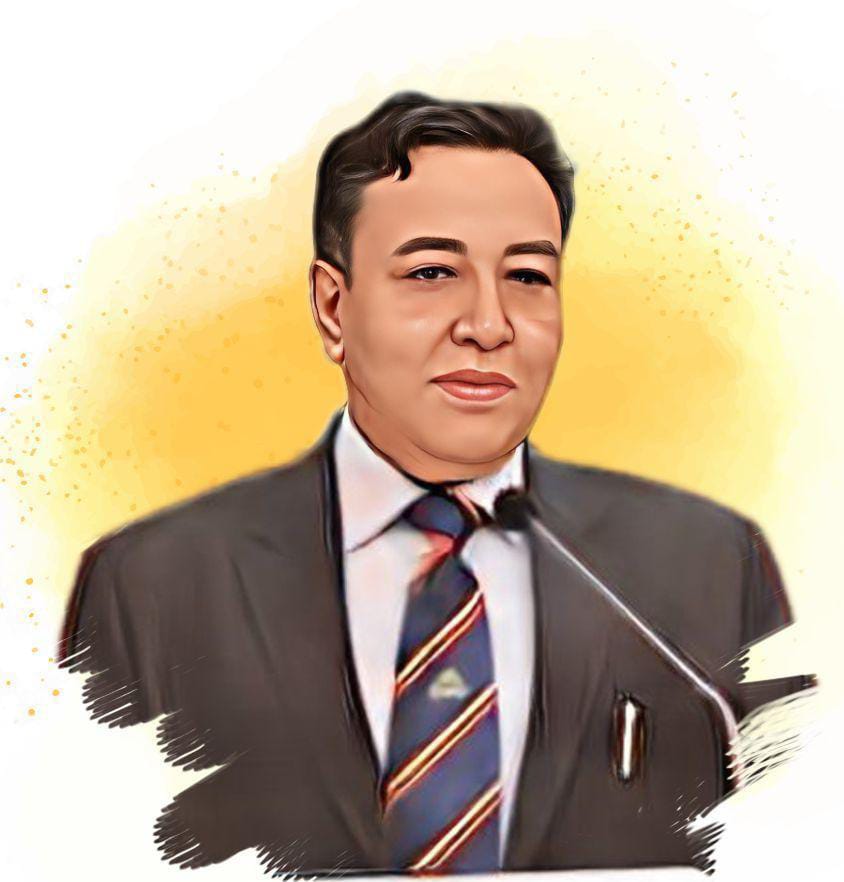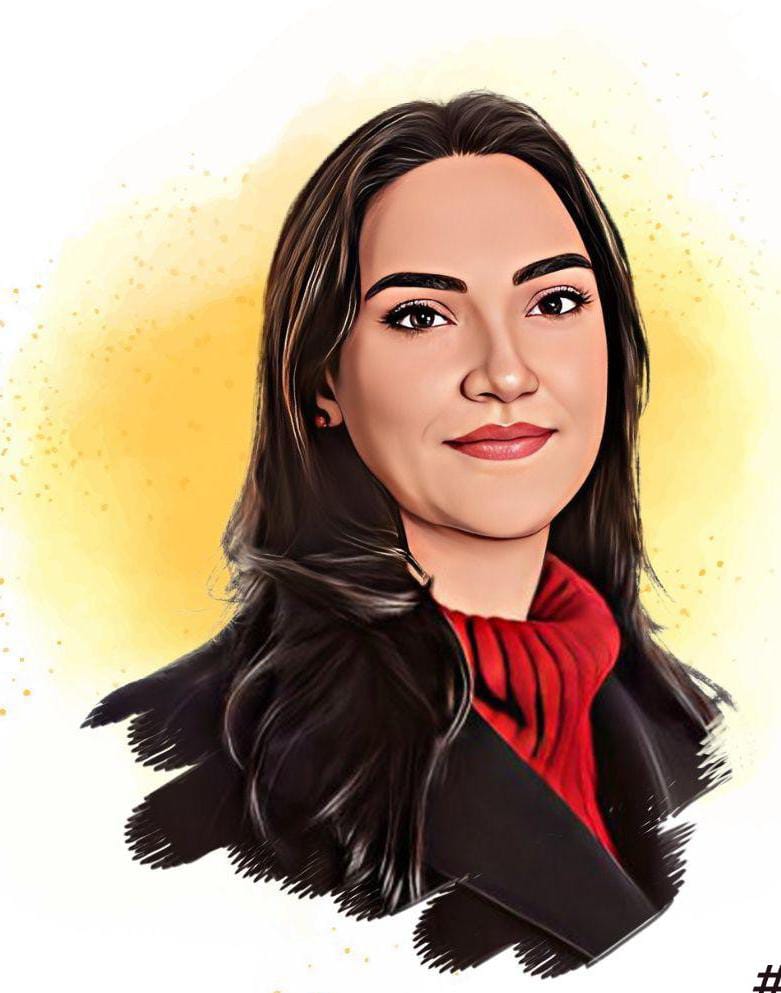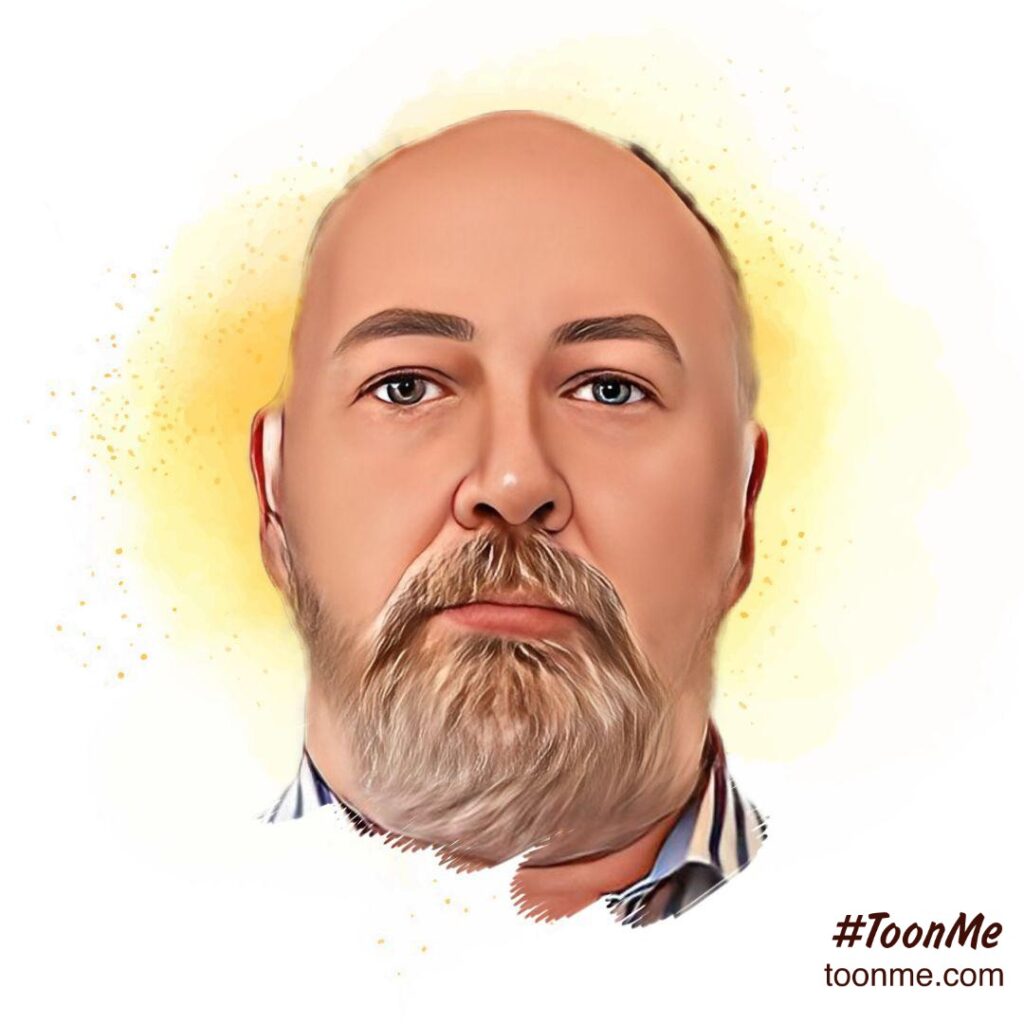Sh. Mahendra L. Kumawat IPS is the former Director General of the Border Security Force (BSF), the border patrol agency of the Government of India.
Previously, Mahendra L. Kumawat served as a Special Home Secretary, he was an IPS Officer of the Andhra Pradesh Cadre, and he was a member of the Anti-Naxal Commando Force. He also served as the Chairman of Rajasthan Public Service Commission and was appointed the Vice Chancellor of the Sardar Patel University of Police, Security and Criminal Justice.
Mahendra L. Kumawat was awarded the Police Medal for Meritorious Service and the President’s Police Medal for Distinguished Service.


Prof. Dr. Vanessa Matijascic is a professor of International Relations at FAAP She is a researcher at the International Relations Research Center (NUPRI-USP) and at the International Defense and Security Study Group (GEDES / UNESP). She completed a post-doctorate (2018-2022) at the Graduate Program in Political Science at the University of São Paulo (funded by CNPq 2018/2019 and PART- Pro Rectorate of Research at USP 2020-2022) She holds a PhD in History from UNESP Franca (2010 2014) when she was a CAPES fellow (2011-2015) and developed “sandwich PhD research at Georgetown University Center for Security Studies (2012-2013 with Fulbright/CAPES funding.
Prof. Dr. Carlos Henrique Aguiar Serra is an esteemed scholar whose interdisciplinary expertise spans Political Theory, Sociology, History, and Legal Thought in Brazil. With a bachelor’s and master’s degree from the Pontifical Catholic University of Rio de Janeiro (PUC-Rio) and a doctorate from the Fluminense Federal University (UFF), he currently serves as an Associate Professor at UFF. His research delves into themes such as violence, social exclusion, punishment, and social and political thought in Brazil, alongside legal thought within the country’s context. Professor Dr. Serra’s work is marked by its exploration of the intersections between these fields, offering nuanced insights into Brazilian society and its legal and political systems. Through his scholarly endeavors, he continues to enrich academic discourse, fostering interdisciplinary dialogue and contributing significantly to the understanding of Brazil’s complex socio-political landscape.


Dr. Charles Puttergill, a Senior Lecturer at the University of Pretoria, is a respected figure in academia, imparting knowledge in research methodology and urban sociology. His academic journey spans across esteemed institutions including the Universities of Johannesburg (formerly Rand Afrikaans), Witwatersrand, and Stellenbosch. Dr. Puttergill’s research endeavors delve into multifaceted areas such as the restructuring of local government, voting preferences, tertiary educational practices, and societal transition, offering valuable insights into South African society’s intricacies.
With a focus on urban dynamics and social structures, Dr. Puttergill’s work holds significance in understanding contemporary societal issues. Through his expertise in research methodology, he equips students and colleagues with essential tools for robust inquiry and analysis. As a dedicated educator and researcher, Dr. Charles Puttergill’s contributions advance knowledge and understanding, shaping discourse in sociology and urban studies while driving positive change within South Africa and beyond.
Dr. Tamer Söyler is an Assistant Professor at the Institute of Asian and African Studies of Humboldt- Universität zu Berlin where he works as a researcher lecturer and director of the Global Studies Programme Dr Söyler has a Ph.D in Sociology from Humboldt-Universität zu Berlin an MA in Social Sciences (Global Studies) from Albert-Ludwigs-Universität Freiburg and University of KwaZulu-Natal and a BA in International Relations from Istanbul Üniversitesi Dr Söyler worked at Universidade Federal Fluminense as a postdoctoral researcher and lecturer at the Jean Monnet Centre of Excellence EU in Global Dialogue (CEDI) of Technische Universitat Darmstadt as a fellow. Dr. Söyler’s main area of interest is re-emergence of power centers in the Global South He focuses on The Challenges of Social Inequality from the perspective of Critical Thought and Social Change using Emancipatory Thought as an overarching idea linking different components of his research


Dr. Michael R. Kinville : After completing his BA in social sciences at the University of Minnesota and his MA in Global Studies through Albert Ludwigs University in Freiburg Dr. Michael R. Kinville received his PhD in sociology from Humboldt University of Berlin under the tutelage of Prof Boike Rehbein in 2016 His research dealt with education systems and the reproduction of social inequalities Since then he has worked in the fields of education and publishing and now runs a digital learning agency in Düsseldorf, Germany, where he lives with his wife and son
